

Uh oh...
It appears that you're using a severely outdated version of Safari on Windows. Many features won't work correctly, and functionality can't be guaranteed. Please try viewing this website in Edge, Mozilla, Chrome, or another modern browser. Sorry for any inconvenience this may have caused!
Read More about this safari issue.

His life repeatedly made headlines: “First Black Is Selected as Little Rock Mayor,” read the New York Times on November 28, 1981. While Charles E. Bussey, Jr.’s selection as mayor of Arkansas’s capital city grabbed the attention of the state and nation, Bussey’s first “firsts” were equally as important to the advancement of African Americans in the south. He was the first African American elected to serve on the Little Rock City Board of Directors since Reconstruction and was the first African American deputy sheriff of Pulaski County.
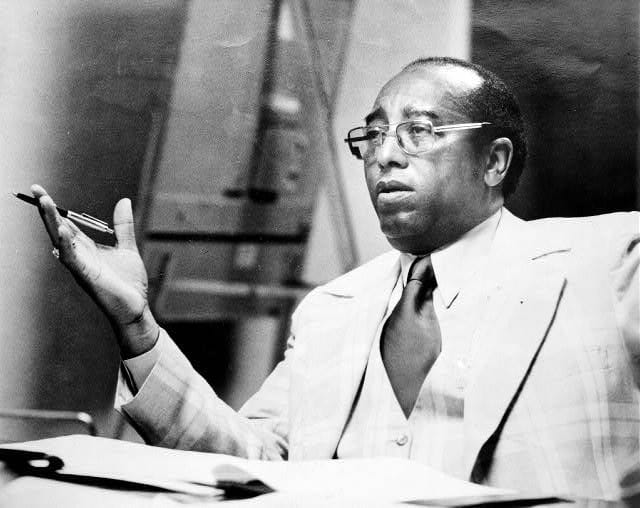
“Bussey was an aggressive leader, and he was viewed in the white community as a person they could go to and try and get things done. He had the ability to work within both communities,” said Richard Mays, Sr., Little Rock attorney. Mays, who in 1972 became one of the first African Americans to be elected to the Arkansas General Assembly in the 20th century, first met Mr. Bussey as a young fourth grader. “I was in the Junior Deputy Sheriffs program until sometime in junior high school,” Mays recalled. He said there were no white youth in the program with him—this was during the era of the Little Rock Central High integration crisis. Bussey, who was also the married father to two sons of his own, organized the Junior Deputy Sheriffs to help keep young people active and off of the streets. Children played baseball and attended meetings at the county courthouse to expose them to black professionals and government leaders.
After the Little Rock Nine integrated Central High in 1957, Bussey wanted Little Rock to be seen on the national stage as a city that had worked to overcome its deep racial wounds. Mays said bringing the community together was one of his gifts as a leader. “Bussey had the ability to work within both communities… he retained the respect of the black community, but he also helped some in the white community to moderate their views and positions toward blacks.”
Because segregation and white flight abounded during this time, Mays said “had it not been for Mr. Bussey, there would have been far less interaction between blacks and whites. He was one of the few leaders that helped big companies connect with the black community for jobs.”
Bussey served on the Little Rock City Board of Directors from 1969 to 1976, then again from 1979 to 1990. The Board of Directors elected him as mayor in November 1981, after he’d served as acting mayor for several months prior. Bussey also served eight and a half years as vice mayor, longer than anyone else in that position in history. Bussey died in 1996. Charles Bussey Avenue in Little Rock was named for him in 2005, and was posthumously inducted into the Arkansas Black Hall of Fame a year later.
Join the Conversation
Leave a Comment
2 responses to “Black History Month First: Charles E. Bussey, Jr.”
 Leave a Reply
Leave a Reply
We do the work.
You check your email.
Sign up for our weekly e-news.
Get stories sent straight to your inbox!


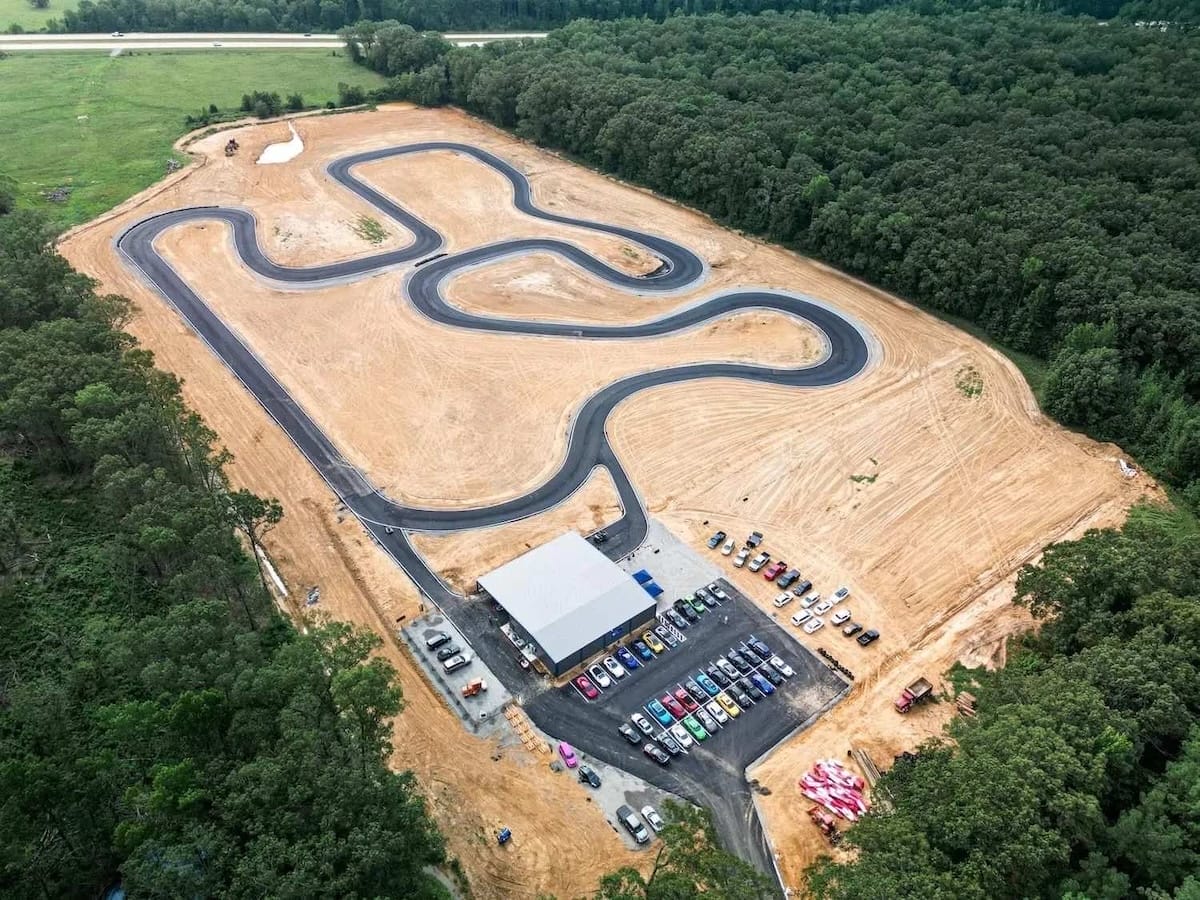




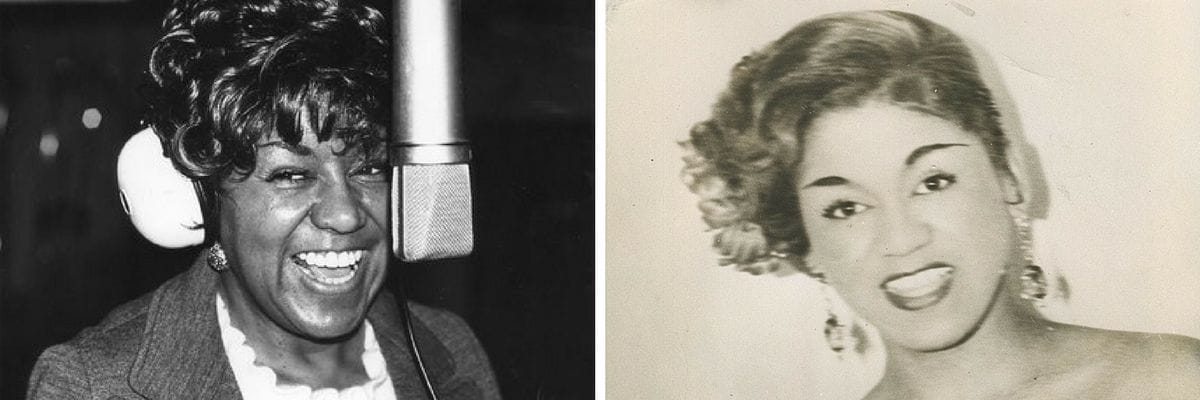

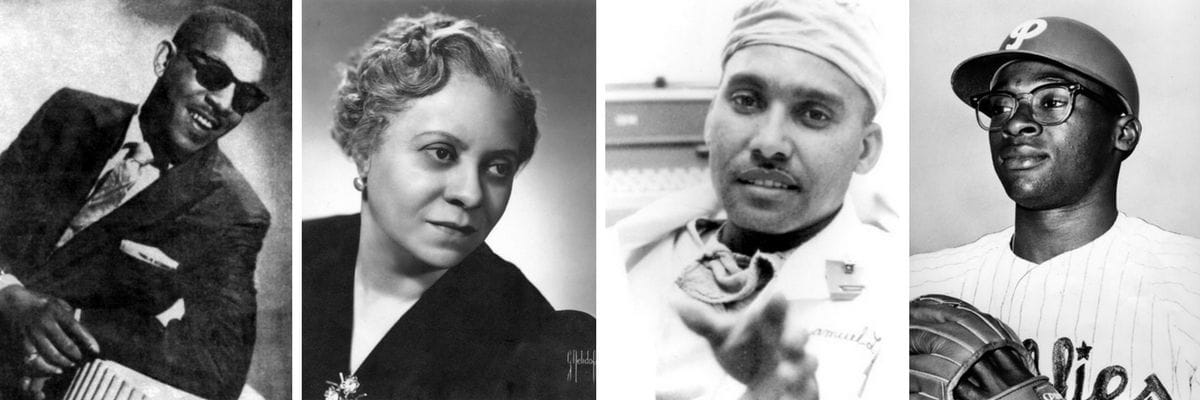
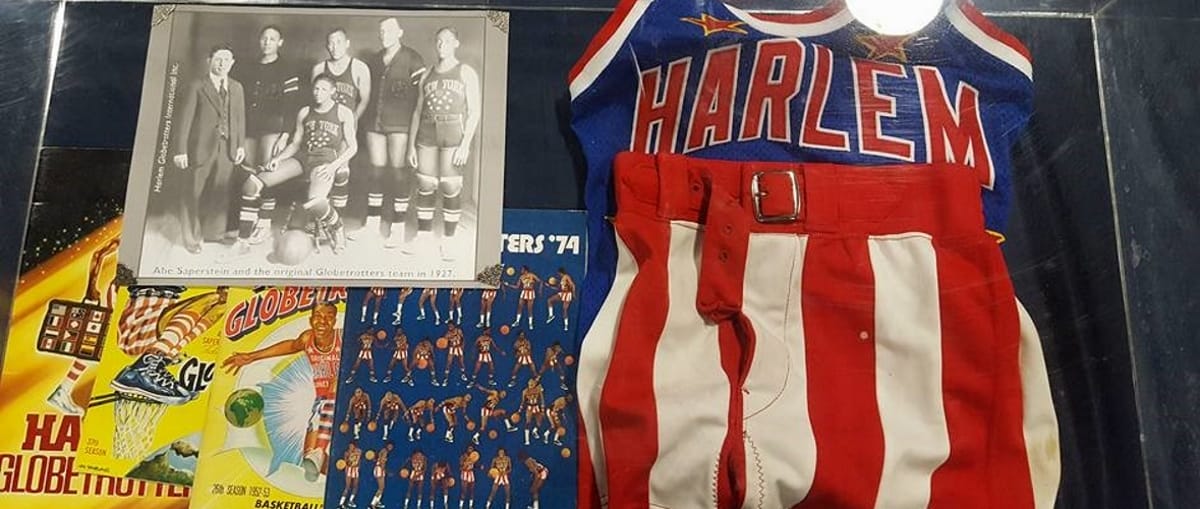
 Leave a Reply
Leave a Reply
[…] Charles E. Bussey – first African American hired to the Little Rock City board of directors […]
First Black Commercial in Little Rock Arkansas…Ruby J.Harvey for Armadillo’s Hand 1974?! Viewed at midnight during Soul Train. If properly recalled, it may have been recorded by the local NBC who actually recorded it in their studios at the time.